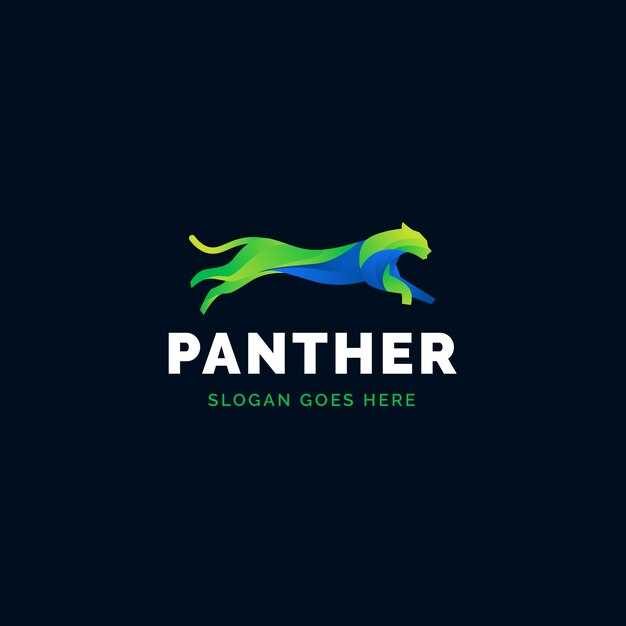
Owning a Jaguar is not just about enjoying the luxurious driving experience; it also comes with the responsibility of proper maintenance. Regular care not only extends the lifespan of your vehicle but also ensures that it performs at its best. Understanding the specific needs of your Jaguar can make a significant difference in its functionality and dependability.
Regular maintenance checks are crucial for keeping your Jaguar running smoothly. This involves monitoring essential components such as the engine, brakes, and transmission. Preventive maintenance can help identify potential issues before they escalate, saving you time and money in the long run. Moreover, adhering to the manufacturer’s service schedule is key to preserving the value of your vehicle.
Another important aspect is the quality of parts and fluids used in your Jaguar. Using genuine Jaguar parts and fluids designed specifically for your model ensures compatibility and efficiency. Additionally, staying aware of software updates is essential, as modern Jaguars often rely on advanced technology that benefits from regular updates.
Regular Oil Change: Ensuring Optimal Engine Health

Regular oil changes are crucial for maintaining the performance and longevity of your Jaguar’s engine. Engine oil plays a vital role in lubricating moving parts, reducing friction, and dissipating heat. Over time, oil can become contaminated with dirt, debris, and engine byproducts, leading to decreased performance and potential damage.
To ensure optimal engine health, it’s recommended to change the oil every 5,000 to 7,500 miles, depending on the type of oil used and driving conditions. Synthetic oils may allow for longer intervals, while conventional oils may require more frequent changes. Always consult your owner’s manual for the manufacturer’s specific recommendations.
When performing an oil change, it’s essential to use the correct type and viscosity of oil. Jaguar engines are designed to operate with specific oil formulas that meet industry standards. Using the wrong oil can lead to inadequate lubrication and increased engine wear.
Additionally, don’t forget to replace the oil filter during each oil change. A fresh filter prevents contaminants from circulating through the engine and ensures that the oil remains clean longer. Neglecting the filter can lead to reduced oil flow and decreased engine performance.
Regular oil changes not only promote engine health but also improve fuel efficiency and reduce harmful emissions. Keeping the engine well-lubricated allows it to operate smoothly, reducing the likelihood of costly repairs down the road.
In summary, prioritizing regular oil changes is an essential aspect of Jaguar maintenance. By adhering to a consistent schedule and using the right products, you can ensure that your engine remains in optimal condition for years to come.
Tire Care and Rotation: Maximizing Longevity and Safety
Proper tire care is essential for maintaining the performance and safety of your Jaguar. Regular maintenance not only extends the lifespan of your tires but also enhances your driving experience. Start with routine inspections to check for signs of wear, such as uneven tread or visible damage. Maintaining the correct tire pressure is crucial; under-inflated or over-inflated tires can lead to reduced fuel efficiency and compromised handling. Consult your owner’s manual for the recommended tire pressure specific to your model.
Rotation of tires is equally vital. It helps ensure even wear and prolongs tire life. Typically, tires should be rotated every 5,000 to 7,500 miles, but this can vary based on driving habits and conditions. Front tires tend to wear faster due to steering and weight distribution, hence rotating them with the rear tires regularly is significant. When rotating, follow the recommended pattern, which can usually be found in your owner’s manual.
Balance and alignment are additional aspects of tire care that should not be overlooked. Unbalanced tires can cause vibrations, leading to uneven wear and reducing comfort in your ride. Wheel alignment ensures that all tires make contact with the road properly, preventing unnecessary strain on the tires and enhancing vehicle handling. Routine checks, preferably during oil changes or tire rotations, should be conducted to maintain optimal performance.
Lastly, consider seasonal changes in your environment. If you live in an area with extreme weather conditions, investing in a set of seasonal tires can offer better traction and handling. Winter tires provide enhanced grip on snowy and icy roads, while summer tires excel in warmer conditions. Regular maintenance and attention to tire care will keep your Jaguar performing smoothly, ensuring safety and reliability on every journey.
Brake System Inspection: Maintaining Responsive Stopping Power

Regular inspection of your Jaguar’s brake system is crucial for ensuring optimal stopping performance. The brake system comprises several components, including brake pads, rotors, calipers, and fluid, each of which plays a vital role in braking efficiency.
Start by checking the brake pads for wear. Typically, they should have a thickness of at least 3mm. Any signs of uneven wear, such as excessive thinning on one side, may indicate issues with the caliper or suspension components. Replace pads before they reach the metal backing to avoid damaging the rotors.
Next, examine the brake rotors for surface irregularities or grooves. Smooth, even surfaces are necessary for effective braking. If you notice pulsation when applying the brakes, this may suggest warped rotors, necessitating resurfacing or replacement.
Inspect the calipers for any signs of leaks or corrosion. A properly functioning caliper ensures even pressure on the brake pads. Check the brake fluid level and its condition; cloudy or discolored fluid may indicate contamination, and you should consider flushing the brake system.
Additionally, look at the brake lines for any visible damage or leaks. Rubber lines can deteriorate over time, potentially leading to reduced braking efficiency or failure. Replace any frayed or cracked lines promptly to maintain safety.
Finally, test the brakes regularly in various driving conditions to ensure they respond effectively. Listen for unusual noises, such as squeaking or grinding, and address any concerns immediately. Consistent maintenance will enhance safety and prolong the lifespan of your Jaguar’s brake system.




